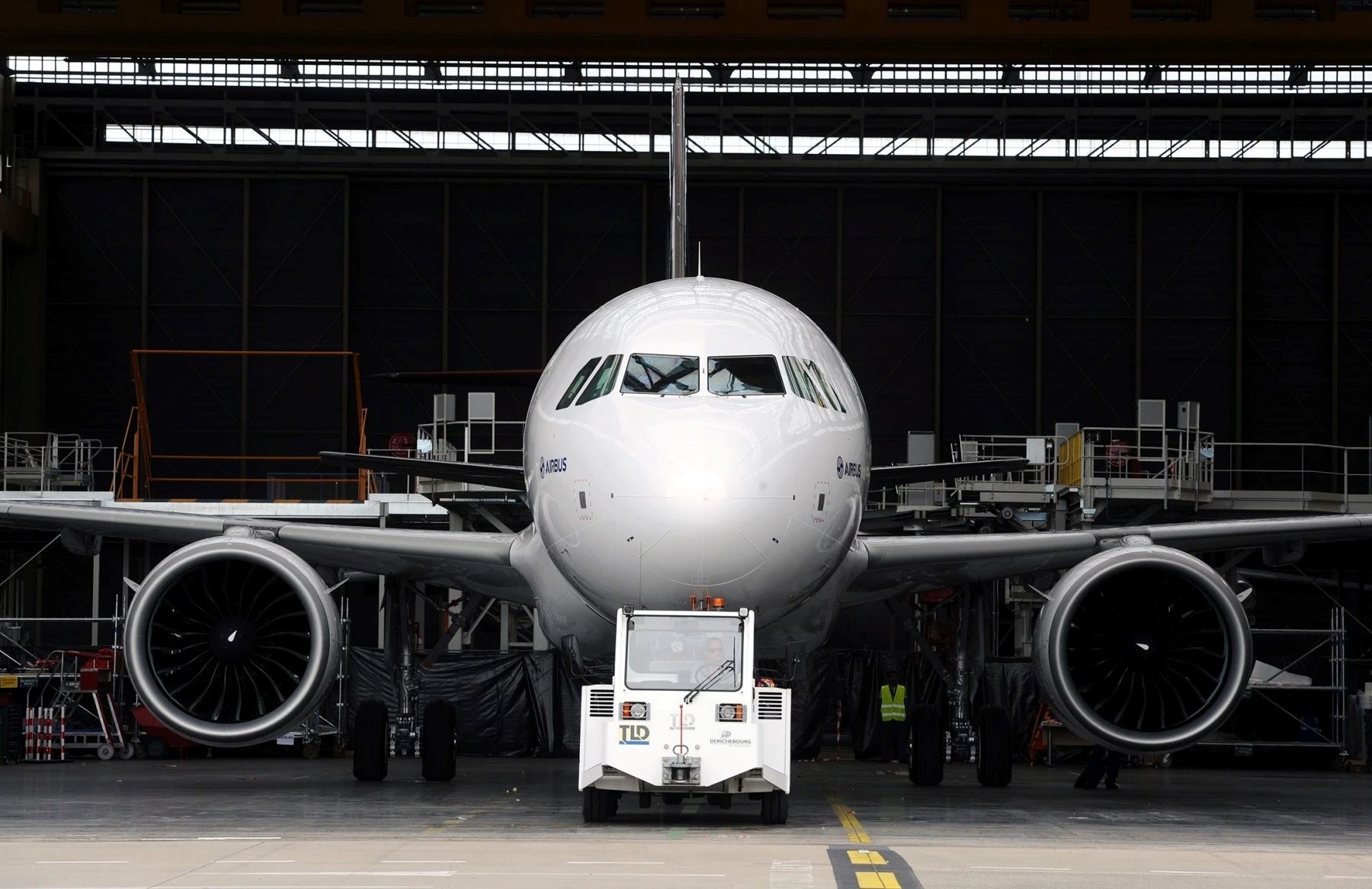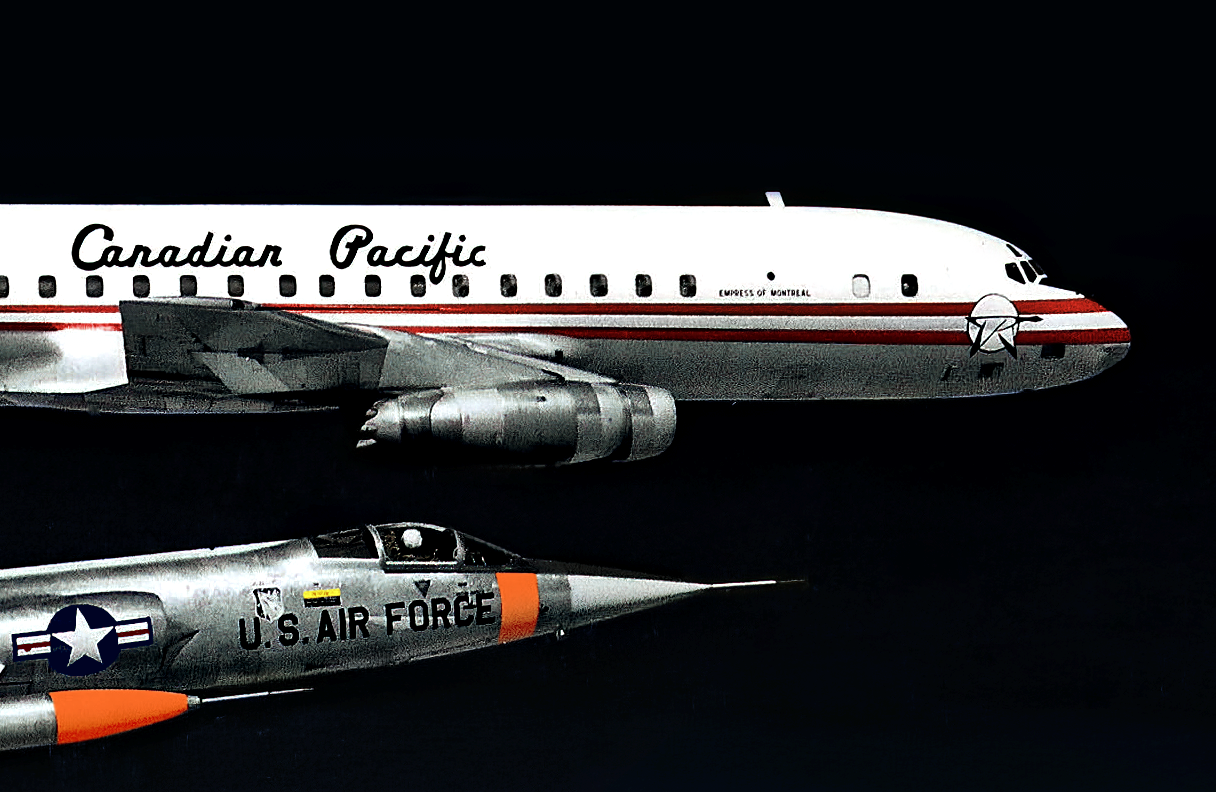Vietnam's Aircraft Shortage: Why Are Four Aircraft Left Idle at Airports?
02 April, 2024
8 min read

Geoffrey Thomas
By joining our newsletter, you agree to our Privacy Policy


In a surprising development, four new Airbus A321 aircraft bearing Guernsey registration have remained grounded at Noi Bai and Tan Son Nhat International Airports for over a year, despite the country's worsening shortage of aircraft. These planes have not been deployed to serve the Vietnamese market and are unable to leave the country. This situation raises questions about improper export procedures and an unconventional plan by a foreign fund to acquire the aircraft which has been highlighted and reported by Vietnamese media.
Aircraft Acquisition Strategy
According to several Vietnamese journalists’ investigative reporting, these four aircraft were custom-built for a Vietnamese airline, based on a lease-purchase arrangement with Japanese financial companies. Two foreign banks had arranged and provided funding for the project. The Vietnamese airline had paid the lease amount for the aircraft and purchased the corresponding capital, totaling over US$76 million. However, in November 2021, amid the peak of the COVID-19 pandemic and strict lockdown applied in many Vietnamese cities, particularly Ho Chi Minh City, the foreign banks unilaterally terminated the lease-purchase agreements and sold the debt, along with the aircraft as collateral, to Fitzwalter Capital Partners (Financial Trading) Limited (FWC).
From that point, an acquisition strategy began. FWC was established in September 2021, just over a month before acquiring the debt, which is unusual. It is difficult to understand why well-known and reputable banks agreed to postpone a payment installment of US$7 million (for the total payment of the 4 aircraft) during a period of social distancing, only to suddenly sell the debt of hundreds of millions of dollars to a company that was only one month old. On its website, FWC presents itself as a global private investment firm, engaging in diverse industries, sectors, and assets, including aircraft.
However, there is no evidence of any specific investment activities by FWC. The company does not own any aircraft nor engage in any aviation-related activities or aircraft leasing. In a recent statement, the airline’s lawyers remark that the termination of the lease contract along with its right to purchase the aircraft by the banks is entirely illegal. The business ethics and practices of the banks also do not allow the unilateral termination of long-term and stable lease-purchase contracts for which the airline was making regular payments to the banks. Moreover, it is even more concerning that the banks sold the debt to FWC, allowing them to take possession of the aircraft worth hundreds of millions of dollars while the banks and the airline were already in negotiations and had agreed in principle to defer the payment installment of only US$7 million during the Covid-19 period.
Further investigation into FWC and the process of acquiring the four aircraft reveals additional anomalies. After purchasing the debt from the banks, FWC transferred it to FW Aviation (Holdings) 1 Limited (FWA) - a new fund established in October 2021, one month prior to the invalid termination of the banks’ contracts - with the intention of acquiring the operating aircraft of the Vietnamese airline at a low price.
Currently, FWA and the Vietnamese airline are the parties involved in the dispute in the UK court with the trial date has not been scheduled yet.
In the statement, the airline believes that justice will prevail. While awaiting the final ruling of the UK court, FWA and the Vietnamese airline had agreed to temporarily hand over the aircraft "where is, as is" to minimize costs, and potential damages, and to establish goodwill for future commercial negotiations between the two parties to allow the aircraft to continue operations while awaiting the final decision of the court. However, immediately after receiving the handover of the aircraft and accompanying technical documentation, FWA quickly proceeded to deregister the aircraft's Vietnamese nationality and register them under the nationality of Guernsey, a small island in the English Channel.
An unusual point is that FWA registered the aircraft's nationality to the island of Guernsey without obtaining the Export Certificate of Airworthiness from the Civil Aviation Authority of Vietnam. It is more questionable that FWA’s four companies owning the four aircraft, namely FWA 8906, FWA 8937, FWA 8577, FWA 8592, were named according to the manufacturing serial numbers of each aircraft. These four companies, however, were established on October 27, 2021, even before FWA’s acquired the debt from the banks. The question arises as to how FWA could "anticipate" that they would own the aircraft in the future and name the companies accordingly at the time of their establishment.
It appears that the management of FWA had reached an implicit agreement with the banks regarding the sale and purchase of loans, as well as the seizure of the aircraft in advance. This led to the establishment of certain companies involved in this process. The banks have allegedly used the excuse of limited payment progress, amounting to just US$7 million for a single payment term for all four aircraft (despite an agreed payment extension), to sell the loans along with aircraft purchase right valued at hundreds of millions of USD. With the dispute brought to the UK court, this move appears to be part of a carefully orchestrated strategy, taking advantage of the vulnerable state of global airlines amid the ongoing Covid-19 pandemic, with commercial disputes piling up in court schedules.
Is FWA trying to "illegally export" the aircraft from Vietnam?
Following its unusual process of acquiring the four A321 aircraft, FWA seems to expedite actions to export the aircraft from Vietnam. However, during its process of changing the aircraft nationality from Vietnam to Guernsey, FWA did not request an Export Certificate of Airworthiness as stipulated by Vietnamese laws. FWA's request for ferry flights without an Export Certificate of Airworthiness is perceived as non-compliance with Vietnamese laws, pending legal confirmation. FWA's actions may be perceived as attempting to bypass export regulations, but definitive legality requires legal adjudication. The aircraft are currently under the nationality of Guernsey, therefore, the Civil Aviation Authority of Vietnam no longer has jurisdiction over them and cannot issue Export Certificate of Airworthiness according to the Circular 01/2011/TT-BGTVT of Vietnam’s Ministry of Transport. The four aircraft are consequently not allowed by the authorities to be exported from Vietnam.
In a response letter to FWA, the Civil Aviation Authority of Vietnam clearly stated that they "have not received a request to issue the Export Certificate of Airworthiness from FWA. Furthermore, according to Article 19(1) of the Vietnamese Civil Aviation Law 2006 and point a, Article 10(1) of Decree 68/2015/NĐ-CP, one of the conditions for exporting an aircraft is to have a valid Export Certificate of Airworthiness issued by the competent state authority. Both the Civil Aviation Authority of Vietnam and the General Department of Customs have issued official letters affirming this requirement. Therefore, a valid Export Certificate of Airworthiness is a mandatory requirement for aircraft export procedures.
To bypass the export procedures, instead of applying for the Export Certificate of Airworthiness, FWA has requested permission from the Civil Aviation Authority of Vietnam for international ferry flights to get the aircraft out of Vietnam without completing the aircraft export procedures. The tax implications could amount to hundreds of millions of US dollar if the aircraft were to fly out of Vietnam and not return while awaiting the court's ruling on their ownership rights.
Legal experts familiar with the case assert that the four aircraft are not allowed to leave Vietnam without completing the aircraft export procedures. According to Article 39(4) of the Vietnamese Civil Aviation Law 2006, in cases where the parties believe that the lease-purchase contracts have terminated, they must carry out "re-export of the leased aircraft" instead of conducting a ferry flight. In addition, the Decree 125/2015/NĐ-CP of Vietnam Government stipulates that the "flight permit" must clearly state the purpose of the flight, and if FWA only requested "ferry" as the purpose of the flight, it would not comply with the regulations. Therefore, FWA cannot "illegally export" the aircraft through ferry flights and still needs to obtain thee Export Certificate of Airworthiness.
It is known that an economic court in Vietnam has received a lawsuit from the Vietnamese airline against the foreign banks regarding the alleged unlawful termination of the lease-purchase contracts during the social distancing period. This resulted in damage to the airline and the temporary suspension of the four new aircraft in Vietnam, which were intended to meet increasing post-pandemic travel demand.
.
Get the latest news and updates straight to your inbox
No spam, no hassle, no fuss, just airline news direct to you.
By joining our newsletter, you agree to our Privacy Policy
Find us on social media
Comments
No comments yet, be the first to write one.

